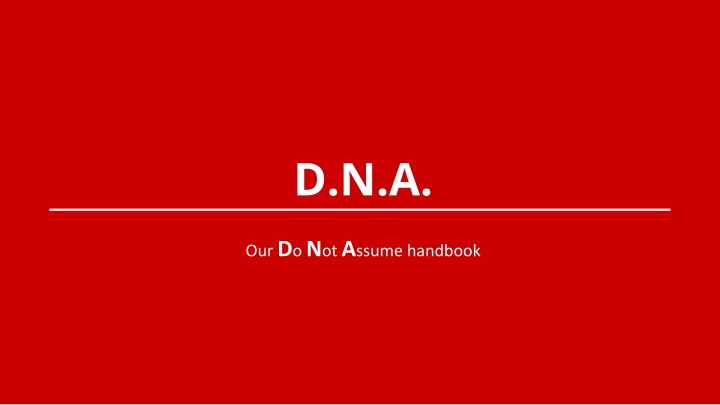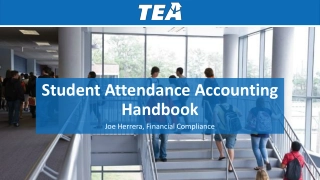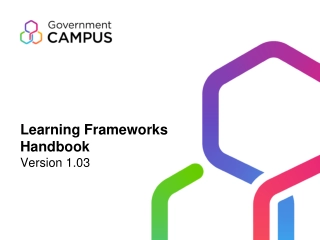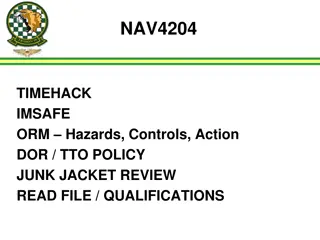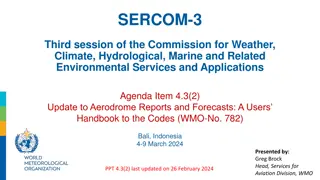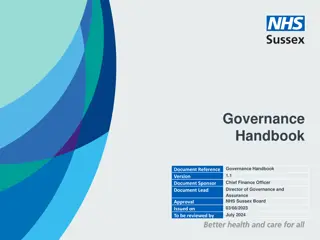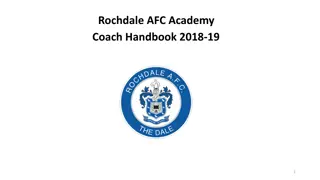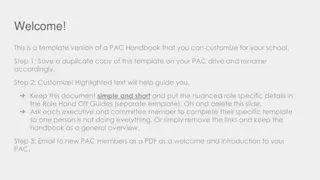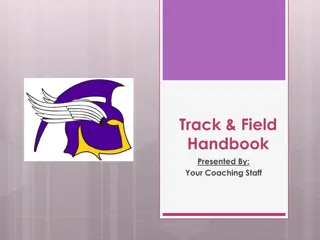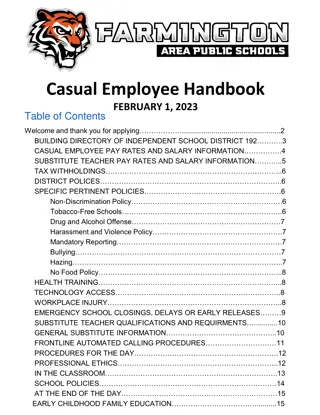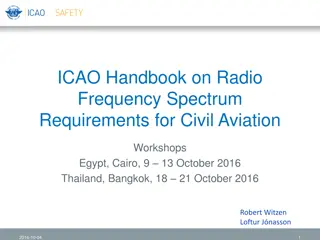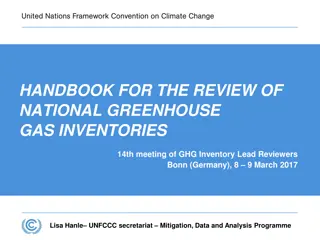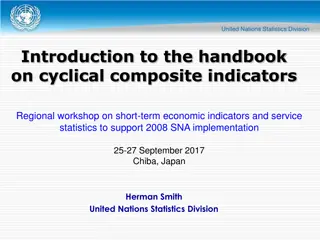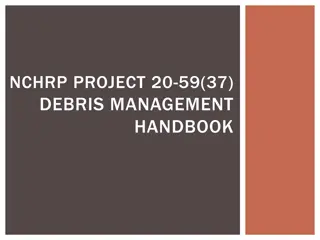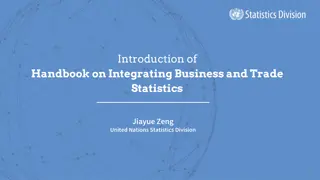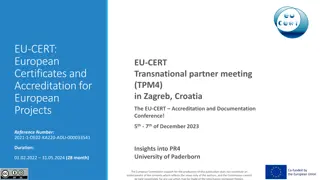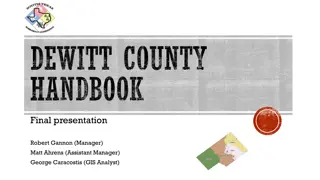Effective Team Communication Handbook
This handbook focuses on improving team communication to avoid misunderstandings, frustrations, and inefficiencies. It emphasizes the importance of explicit communication in defining processes, embracing creative diversity, making design decisions, managing risks vs innovation, utilizing data, player-centric approach, ideation & iteration, and fostering a culture of brainstorming, problem-solving, prototyping, and test-fast mentality.
Download Presentation

Please find below an Image/Link to download the presentation.
The content on the website is provided AS IS for your information and personal use only. It may not be sold, licensed, or shared on other websites without obtaining consent from the author.If you encounter any issues during the download, it is possible that the publisher has removed the file from their server.
You are allowed to download the files provided on this website for personal or commercial use, subject to the condition that they are used lawfully. All files are the property of their respective owners.
The content on the website is provided AS IS for your information and personal use only. It may not be sold, licensed, or shared on other websites without obtaining consent from the author.
E N D
Presentation Transcript
D.N.A. Our Do Not Assume handbook
Do Not Assume Processes are very often foggy and assumed rather than being explicitly communicated in a team. It leads to misunderstanding, frustration and ineffectiveness. Let s not leave this to chance or guess. This handbook is a tool to discuss transparently how we want to work together as a team and deliver the best game experience for our players!
Creative diversity Very likely, we think, express and feel things differently because of our unique mix of background, experience and culture. By acknowledging it and talking about it, this is the first step of our collaboration and commitment to making an amazing creative game :)
Design How do we decide what to and not to do?
1. Ambition of your games? 1. Write details
Risks vs Innovation Details. Details. ADOPT INNOVATE x% y%
Risks vs Innovation 1. Write details
3. How do you use data? 1. Write details
4. How do you place the player? 1. Write details
5. Ideation & iteration 1. Write details
Brainstorming, problem-solving focus 1. Write details
Prototyping 1. Write details
Test-fast mentality 1. Write details
Team & Feedback How do we improve our work together?
6. Peer Feedback 1. Write details
Feedback for Improvement 1. Write details
Delivering constructive feedback 1. Write details
7. Disagreements and Conflicts 1. Write details
Conflicts in 1:1 1. Write details
8. Respect & Care 1. Write details
9. Interview & Hiring 1. Write details
Who to hire? 1. Write details
Before the interview 1. Write details
Conducting interviews 1. Write details
Workflows How do we work more effectively?
10. Team process 1. Write details
Continuous improvements 1. Write details
11. Meetings 1. Write details
Meeting moderation 1. Write details
Meeting wrap-up 1. Write details
12. AOR* and Ownership 1. Write details
Creative workplace How do we nurture and foster our creativity?
13. Flexible work, working hours 1. Write details
14. Holidays & Time off 1. Write details
15. Social team time 1. Write details
16. Creativity & R&D 1. Write details
Team Mottos Motto1 Motto 2
